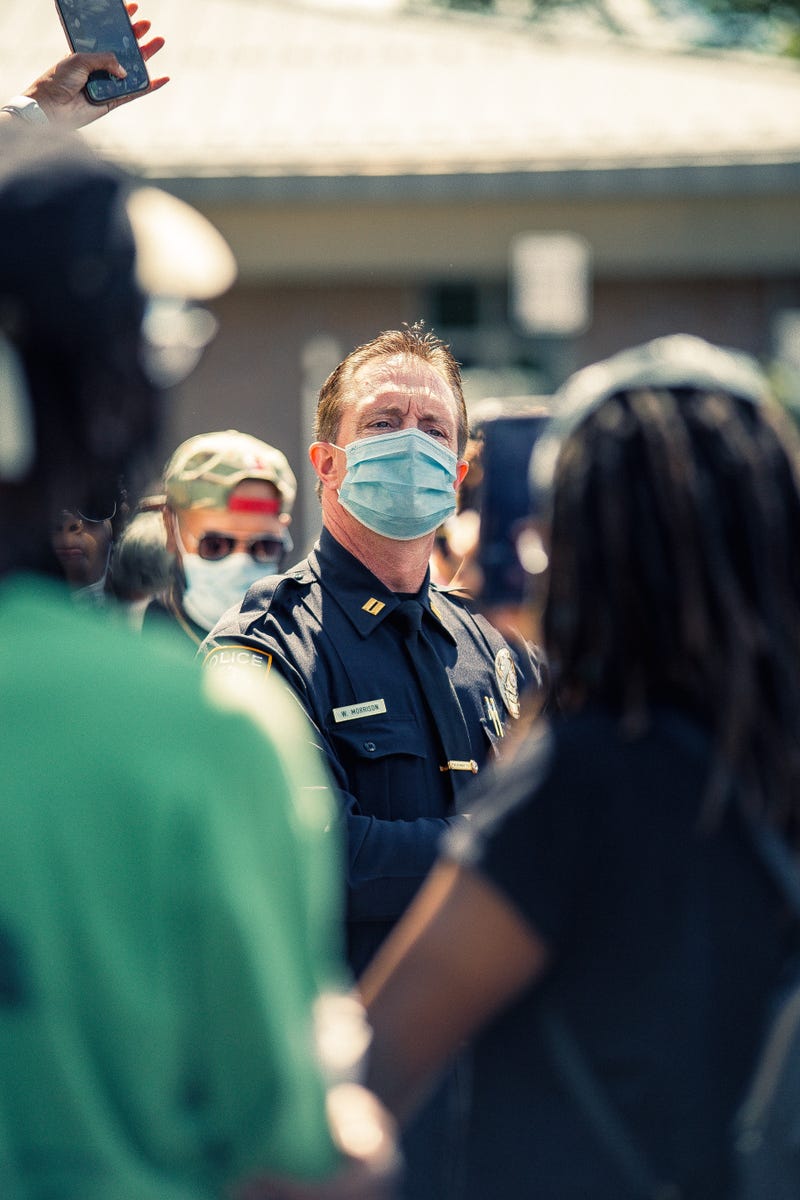
WCCO’s Susie Jones covered what former Minneapolis Police officer Michael Friestleben and WCCO’s Cory Hepola discussed on possible reforms the other day.
Friestleben had many years of experience on the force, over 28 years. During that time, he served as the 4th Precinct Lieutenant and was very well respected and liked as an officer.
Hepola asked Friestleben about what it was like to see police officers testifying against Derek Chauvin.
“There’s no way we should look at something and say ‘Oh, I am not going to say anything,’ or ‘this is okay’ or ‘we are going to try and defend this.’ Sometimes things are just egregiously wrong, and we have to admit to that,” said Friestleben.
What used to be widely accepted as the ‘thin blue line,’ an unwritten rule where police protected other police under investigation, seems to be dissipating, according to Friestleben.
“I don’t think it’s as strong as it might have been 30 years ago, or 40 years ago. I mean, the blue line would mean you would go on the stand and lie for your partner to try and get him off,” Friestleben said. “And if you get caught lying, you can go to prison. Are you really going to risk your family and your children, and your life and your home? To lie for someone?”
Friestleben says he agrees with looking into the Minneapolis police practices and making changes if those changes make sense. He also addressed the idea of an unarmed force.
“When we talked last week about traffic stops and domestics, those are the most dangerous calls. So, you know that’s (an unarmed force) not reform,” Friestleben said.
When it comes to reform, Friestleben says that the main thing that needs to change is training. Jones pointed out in her coverage that even when an officer sees another officer mistreating a suspect and wants to intervene, they need the training to teach them to do so effectively.
Friestleben also addressed the issue of racial profiling.
“We can certainly look on the piece of paper and show that people of color are being pulled over at a higher rate than people who aren’t of color,” said Friestleben. “So why don’t we change, maybe, maybe change some of those? Get rid of the cracked windshield, get rid of the things that you know, the air freshener. Get rid of those. Don’t, you know, completely get rid of the police.”
Some ways Friestleben says police and community relationships could improve would be by putting police in schools. Even further ways to connect the community would be ensuring that police stay in touch with the children as they get older.
“They look up to us. And they need our protection, a lot of the time, not all of the time,” Friestleben said. “They need our protection, but they need our love too.”
